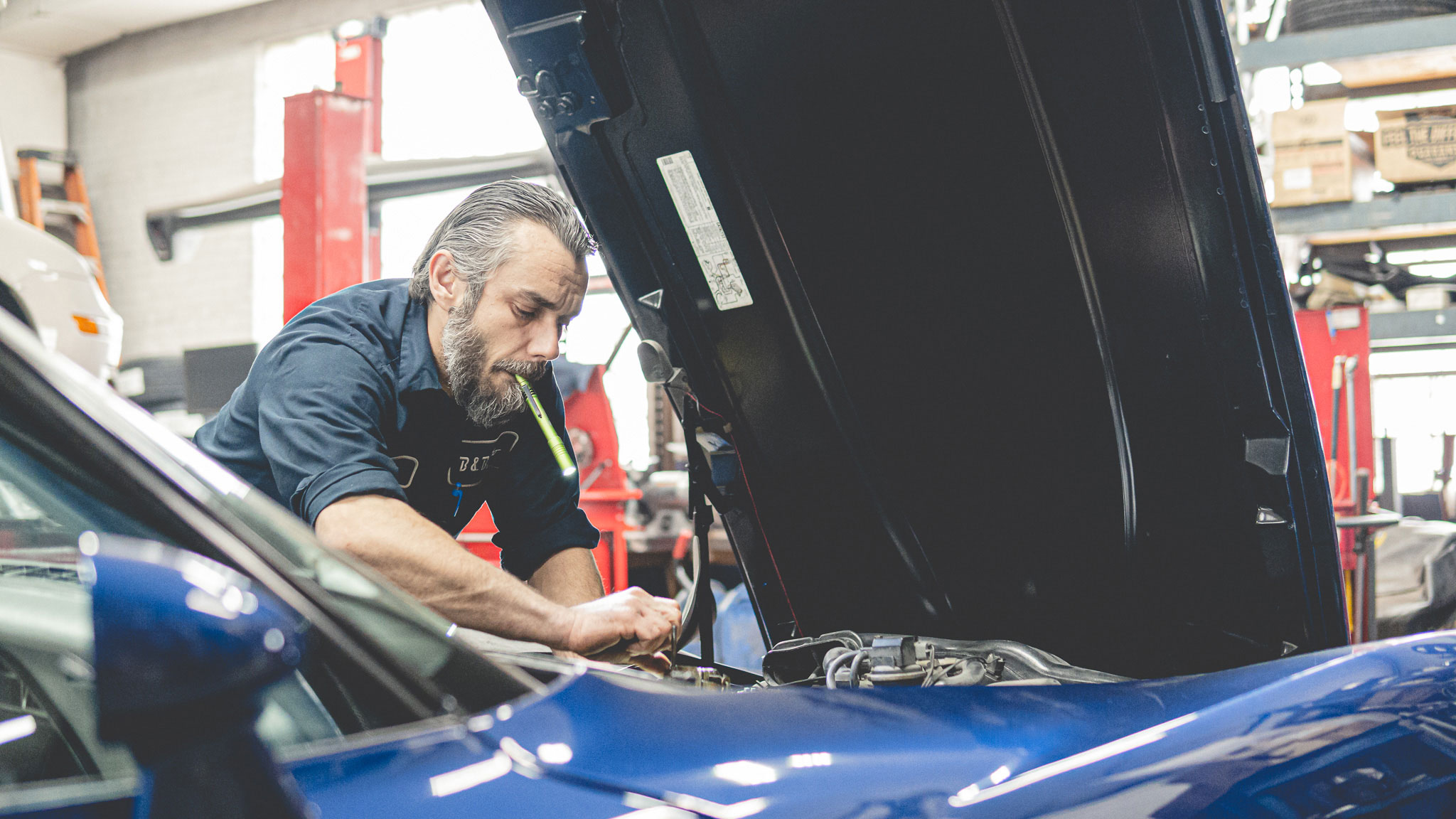Car Repair and Maintenance: A Comprehensive Guide for Every Driver
Car repair and maintenance are crucial aspects of vehicle ownership that ensure the longevity, safety, and efficiency of your ride. From understanding the significance of regular check-ups to knowing when to replace vital components, this article serves as your go-to guide for all things related to car repair and maintenance.
The Importance of Regular Car Service
Owning a car comes with responsibilities, one of which is ensuring its proper maintenance. Regular car service not only prevents unexpected breakdowns but also saves you from hefty repair bills. It’s vital to keep vehicle service needs prioritized.
Recommended Service Intervals: The 30-60-90 Rule
Many mechanics advocate the 30-60-90 service interval. This involves taking your car for scheduled maintenance at every 30,000, 60,000, and 90,000-mile milestone. However, a well-maintained vehicle can often exceed these milestones without issue.
Alternative Service Intervals: 3-6-9-12 Months
Advance Auto Parts suggests checking certain car components at specific intervals: belts, battery, and cables every 3 months or 3,000 miles; transmission and windshield washer fluid every 6 months or 6,000 miles; power steering and lights every 9 months or 9,000 miles; coolant and tires annually or every 12,000 miles. These intervals offer flexibility depending on the car’s condition.
Regular Driving: An Often-Overlooked Maintenance Tip
Regularly driving your car, even if just for 10 minutes a week, is crucial. Prolonged inactivity can lead to various issues, including tire deflation and battery drain. This practice became evident during the coronavirus shutdown, highlighting the importance of keeping your car active.
Oil Change: The Lifeline of Your Car
Traditionally set at every 3,000 miles, the interval for oil changes has extended to 5,000-10,000 miles due to advancements in engine efficiency and oil quality. Always follow the manufacturer’s recommendation.
Air Filter Maintenance for Optimal Performance
Air filters, essential for engine health, should ideally be changed every 15,000 to 30,000 miles. In dusty or polluted areas, the frequency should be on the lower end of this range.
Fuel Filter: A Critical but Overlooked Component
Replacing the fuel filter, crucial for engine performance, is recommended every 30,000 miles. This task is generally best left to professionals, as it can be complex.
Regular Fluid Checks and Changes
Apart from motor oil, other critical fluids like brake fluid, power steering fluid, coolant, and transmission fluid should be replaced approximately every 30,000 miles. This task is not typically suitable for DIY.
Spark Plug Replacement Intervals
Spark plugs in most standard vehicles need changing every 40,000 miles, though this can vary based on the vehicle type and age.
Brakes: Your Safety Net
Brake pads and shoes should last about 50,000 miles, but always be attentive to any unusual noises or performance issues. Rotors typically need attention at 60,000 miles.
Battery Life and Replacement
Modern car batteries usually function optimally for about five years. It’s advisable to replace them at this age, even if they appear to be functioning well. After three years, periodic testing is recommended.
Tire Replacement for Safe Journeys
Car Tire replacement should happen every six years regardless of tread wear, as rubber compounds degrade over time.
Understanding and adhering to these car repair and maintenance guidelines is essential for any vehicle owner. Regular maintenance not only extends the life of your car but also ensures your safety and the safety of others on the road. Stay informed, stay safe, and enjoy the journey!
Contact us today to find out more about our services or to schedule an appointment.

